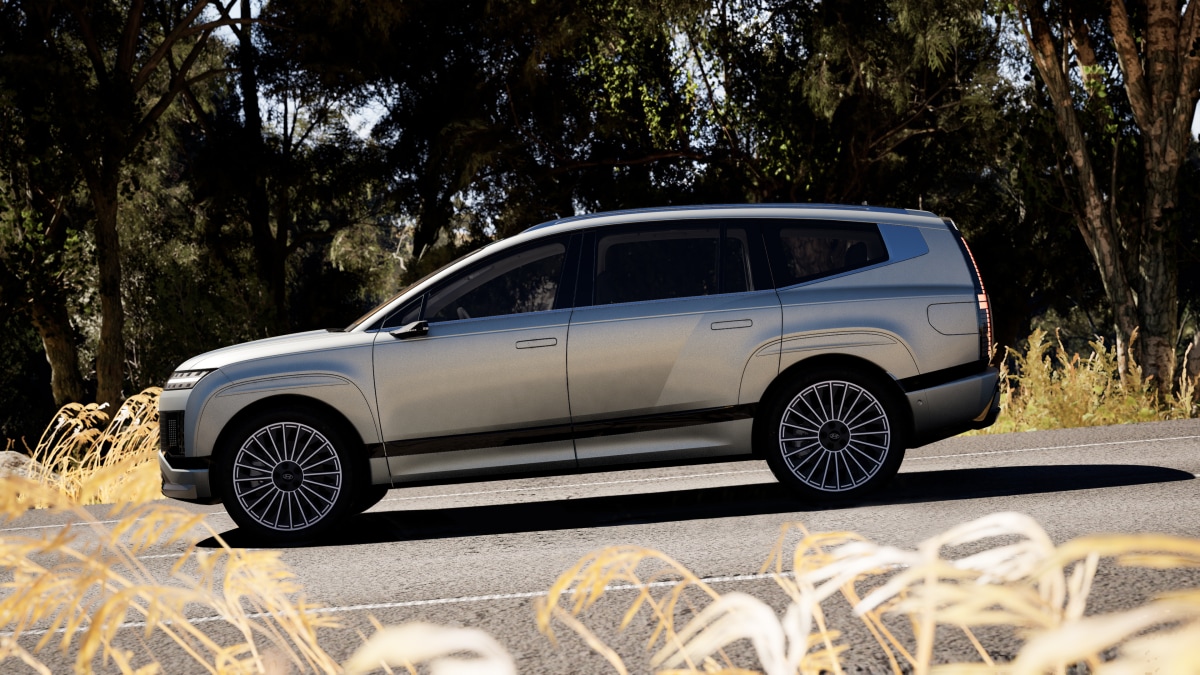
There may be a new leader in the race to bring the first practical solid-state battery to electric cars. A new report from South Korea’s ET News says that Hyundai could reveal the game-changing technology as soon as March 9.
The company will cut the ribbon on a new research center that day and, the Korean outlet reports, could use the occasion to reveal “a pilot line capable of test-producing all-solid-state batteries.” The batteries would likely be meant for a test fleet at first, not yet ready for sale in today’s electric cars.
Related: What Is a Solid-State Battery for an Electric Car?
Today’s Batteries
Almost every electric vehicle (EV) sold in the United States today uses a lithium-ion battery — the same battery technology found in most laptops and cell phones. Lithium-ion cells offer the best balance of range, charging time, and ease of production of any current battery technology.
But most automotive engineers believe they’re not the future.
All batteries work by passing electrons from a positively charged pole called a “cathode” to a negatively charged pole called an “anode.” Lithium-ion cells pass them through an electrolyte solution made of dense gel. Much of their weight is, essentially, water.
That weight limits their performance in a car and poses safety risks — it could require new highway guard rails and more robust crash-testing equipment.
The cells use expensive rare earth minerals. Building hundreds of thousands of them has required new mining projects and reconfigured global supply chains.
Tomorrow’s Batteries
Because of the limitations of lithium-ion batteries, many automakers have spent a decade or more researching alternatives.
The Holy Grail of battery research is a solid-state battery — a cell filled with a lightweight solid electrolyte instead of a heavy water-based one.
Related: How Solid-State Batteries Could Shape Our EV Future
In theory, solid-state batteries could charge faster, hold more energy, and be safer in an accident than today’s batteries. Some possible chemistries for them could even use fewer rare earth minerals, allowing automakers to build them with more common materials.
Successful solid-state batteries could lessen the demand on America’s electric grids and the need for public chargers, allowing drivers to travel up to twice as far between charging sessions.
The batteries have proven challenging to make en masse. Many research teams have developed successful prototypes. But these often require almost laboratory-like dry conditions that aren’t cost-effective in a large factory.
The Race to Market One
Many automakers have publicly acknowledged solid-state battery projects. It has long been an open question which company will build a practical version first.
Some considered Nissan the front-runner. The company had teased plans to sell a solid-state battery as soon as 2028 in a planned successor to the legendary GT-R high-performance car. However, much about Nissan’s future is in doubt as it reconfigures after calling off a planned merger with rival Honda.
BMW, Toyota, and Stellantis all have prototypes in various stages of testing. Other automakers may be less public about their plans, but further along, as Hyundai’s reported announcement could show.
Chinese automaker Nio’s intermediate technology, a partial-solid-state battery, is already on the road in its ET7 sedan.

